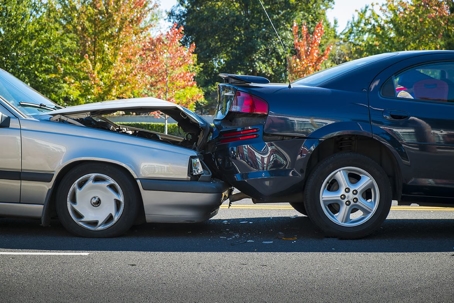Understanding Vicarious Liability
What Is Vicarious Liability?
Vicarious liability, also known as vicarious negligence, is a key legal concept relevant to auto accident attorneys, products liability attorneys, businesses, and parents. It is the legal responsibility one party has for another party's mistakes. For small business owners, this means being held financially accountable for the negligence of their employees, agents, or independent contractors.
Is Vicarious Liability Covered by Insurance?
A personal injury attorney must assess whether the employer, person who lent a car, or another vicariously liable person or entity has vicarious liability insurance. This insurance protects the company or individual and the victim in the accident. Coverage claims can arise based on whether the policy covers a particular person. For example, some policies only cover business employees and not independent contractors. There can be a dispute over whether the person at fault is a covered employee or an uncovered independent contractor.
Examples of Vicarious Liability for Businesses:
Harassment or Discrimination: Actions that create a hostile work environment.
Personal Injuries: Injuries caused by employees' negligence or deliberate misconduct, such as driving drunk in a company vehicle.
Property Damage: Damage to property caused by employees, whether accidental or deliberate. There may be questions about whether the employee was on or off the clock at the time of the incident.
Slander or Libel: False and damaging statements made by employees in the course of carrying out your business.
Copyright Infringement: Using copyrighted photos on your website.
Understanding Agency and Vicarious Liability
A good way to understand vicarious liability is to view it in terms of agency. “Agency is the relation that results from the act of one person, called the principal, who authorizes another, called the agent, to conduct one or more transactions with one or more third persons and to exercise a degree of discretion in effecting the purpose of the principal.” (L. Byron Culver & Associates v. Jaoudi Industrial & Trading Corp., 1991) In other words, does the person act on your behalf with your permission?
Employer Liability and Employee Responsibility
Remember, the employer is a deep-pocket source for a person who suffered a personal injury. Vicarious liability does not release the employee from personal responsibility. “An agent or employee is always liable for his own torts, whether his employer is liable or not.” (Fleet v. Bank of America N.A., 2014)
About Daniel Horowitz
Daniel Horowitz is a premier Top 100 Trial lawyer expert in representing people injured in accidents and suffering personal injuries. Daniel Horowitz never charges a fee until you recover and has represented thousands of car accident and injury victims in over 40 years of legal practice.

